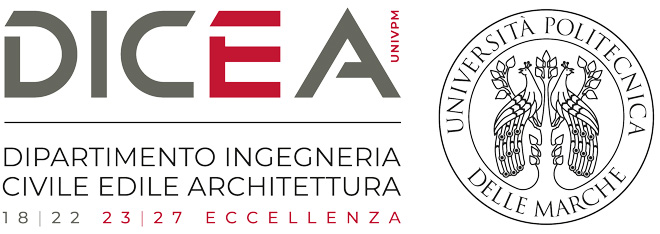The Digital Construction Capability Centre (DC3) is a full-scale laboratory and demonstration centre (‘capability centre’) of the most advanced digital technologies applied to the lean management of construction processes. Therefore, it is used both for research purposes and to host operators of the construction industry by involving them in situations that simulate the management of typical construction process scenarios, but with the aid of digital technologies and advanced management methods (e.g. augmented reality, “digital twin”) for the benefit of management efficiency. Such situations can be reproduced for any of the macro-phases of the construction process.
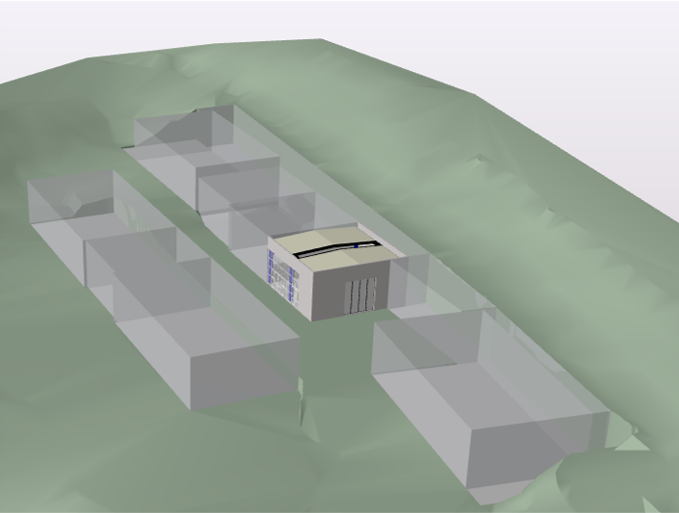
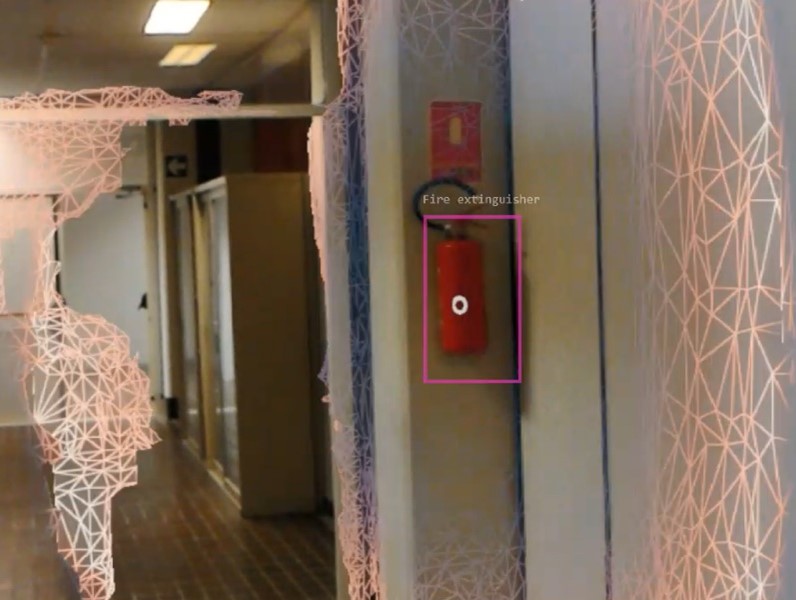

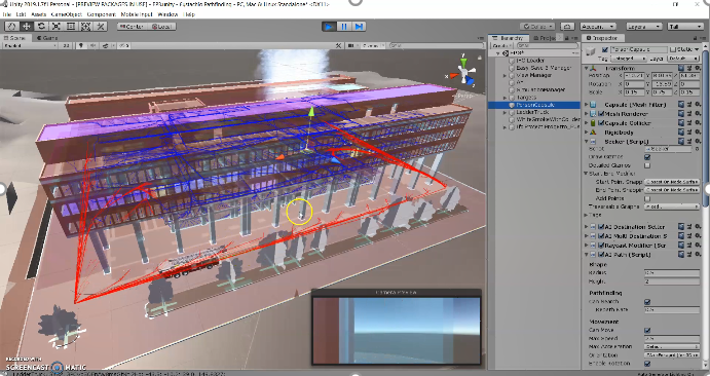
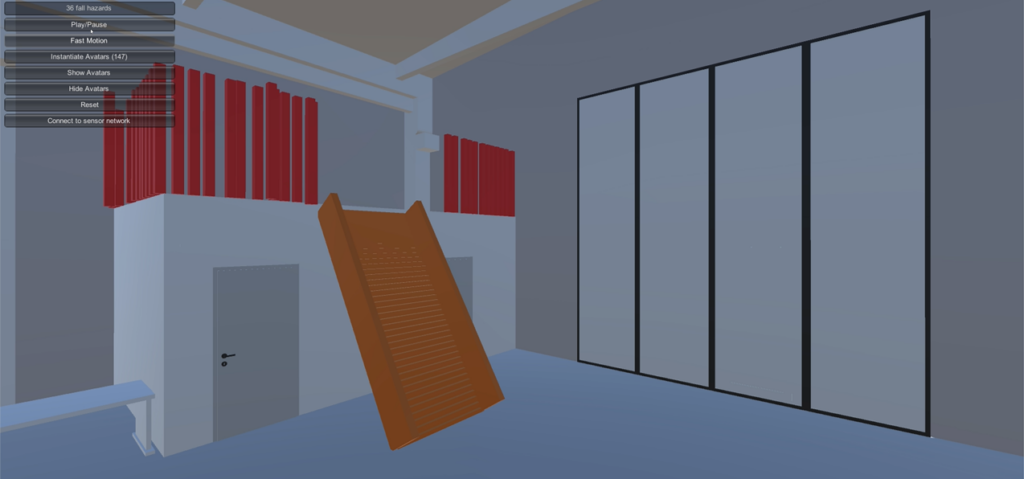
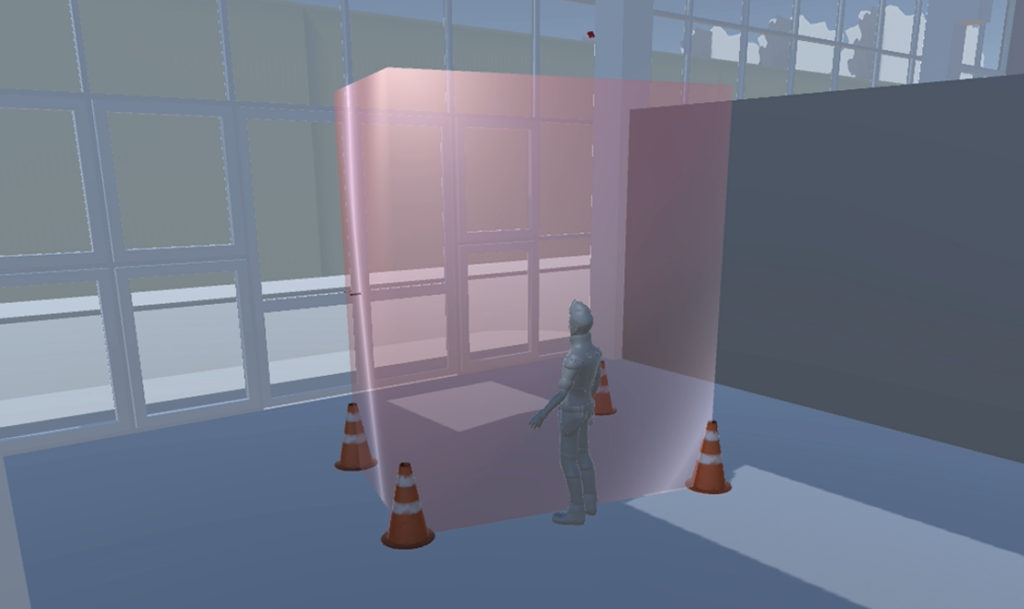
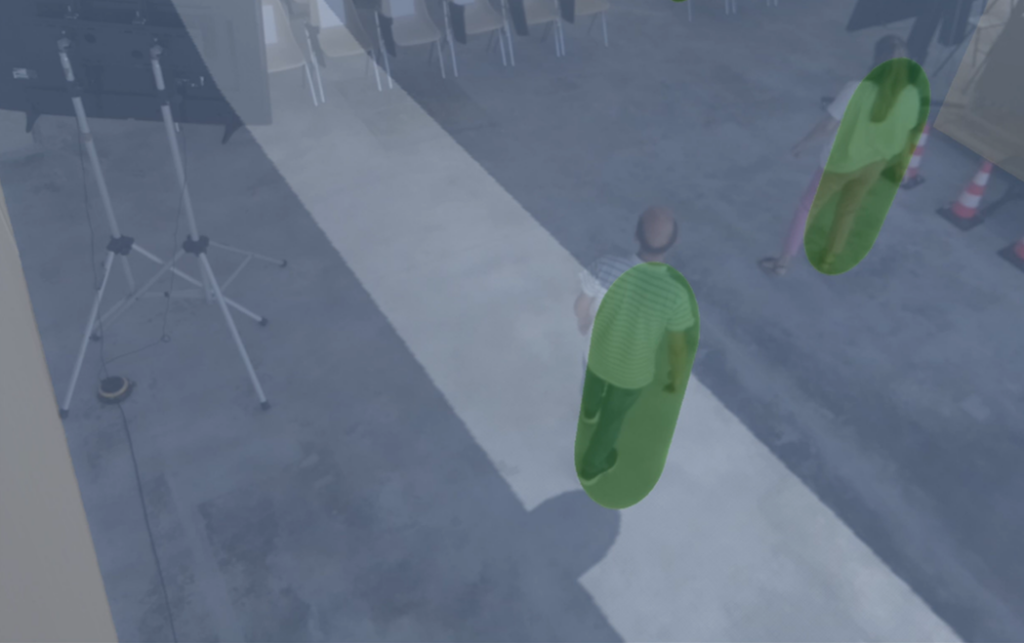
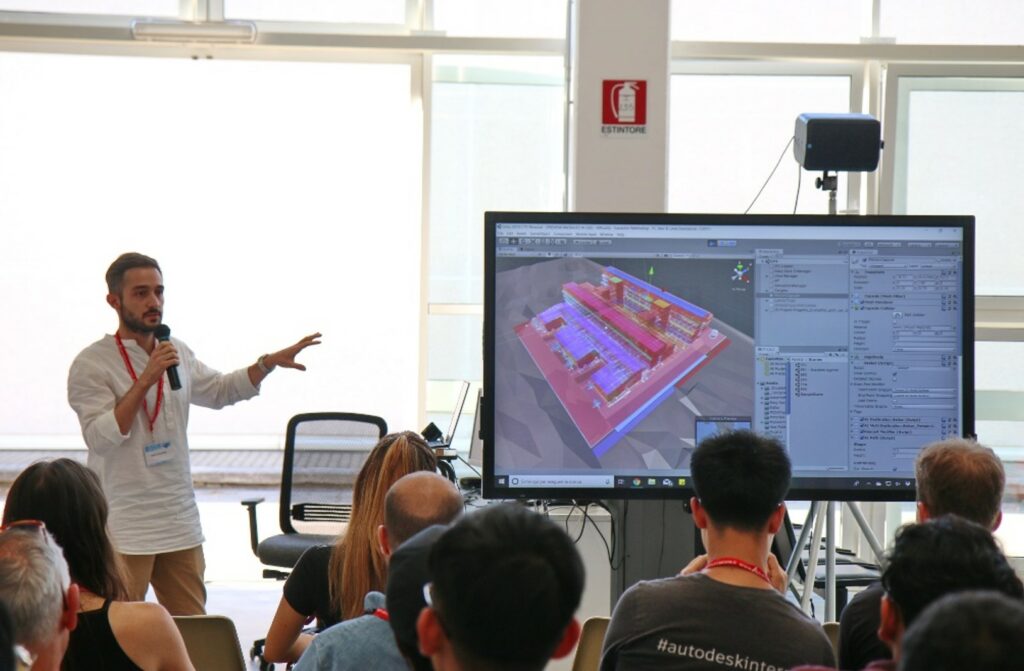
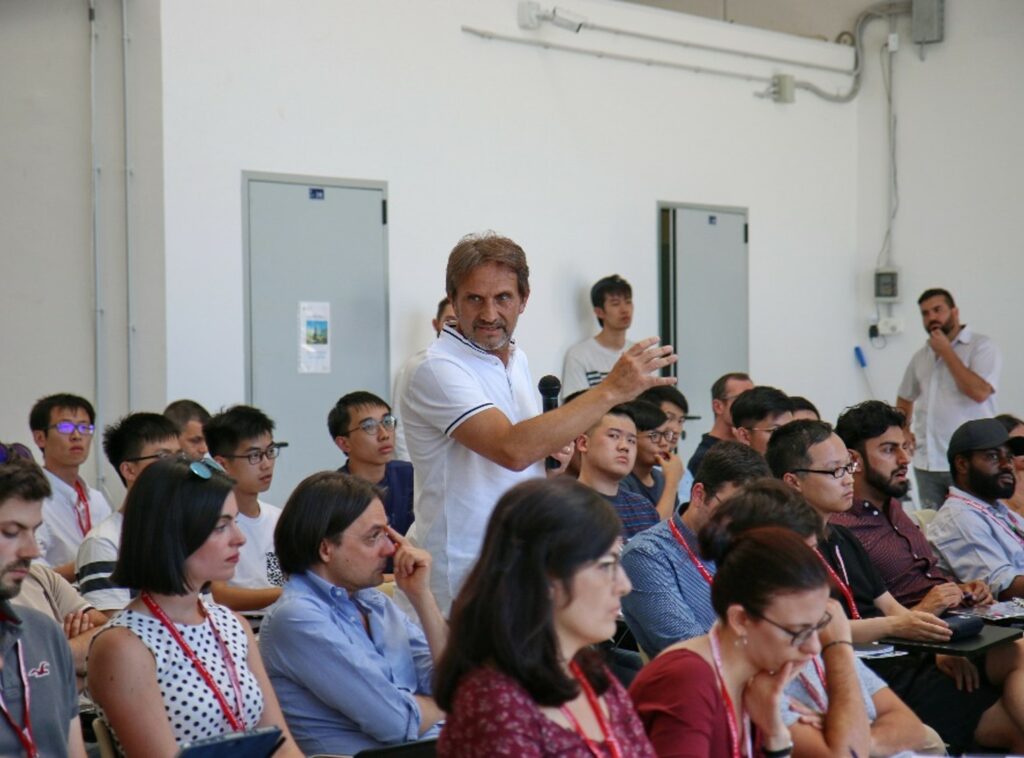
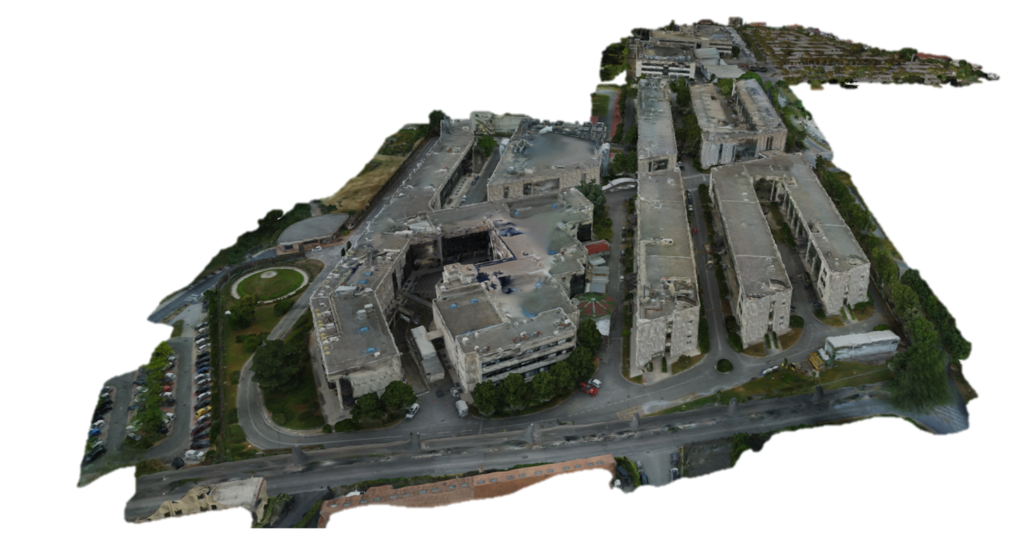
Prof. Alessandro Carbonari (scientific director and head of the laboratory)
Eng. Rocco Davide D’Aparo (Referente Tecnico)
